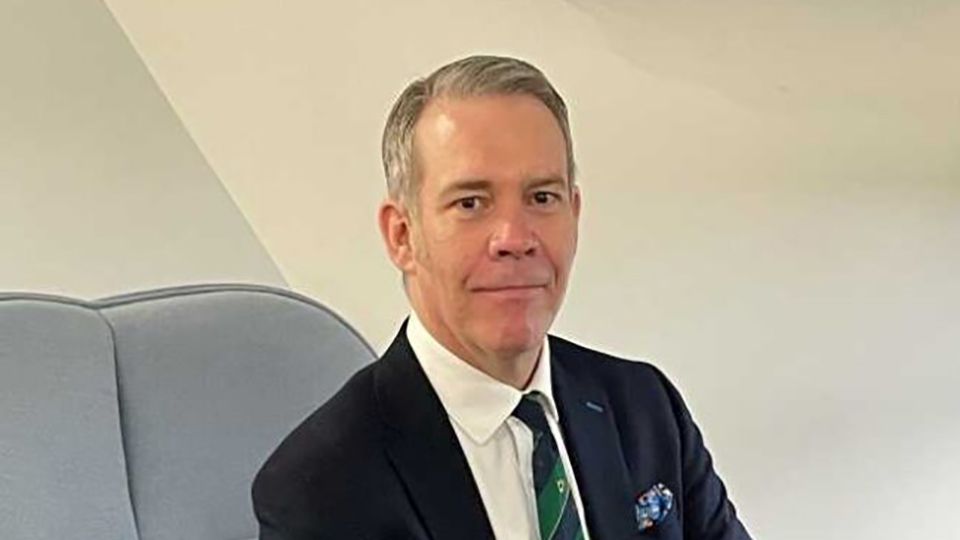On the approach to the recent International Women’s Day, I was rather flatteringly described by a colleague as an “ally” to workplace diversity in financial services. This came as something of a surprise to hear. I am a white male, a 1970s child and half Australian. Possibly not a combination that screams “torchbearer”.
My modesty compelled me to blush upon this compliment. For while I would freely admit I am a very unlikely militant, I have generally tried to be a good corporate citizen throughout my career. Adhering to my regulatory standards, my professional body’s code of ethics and treating clients and colleagues with respect and courtesy is innate.
Thus, my distillation of advocacy for workplace diversity comes down to two things: being a decent person and unromantically, risk mitigation. In financial services, we define risk as loss of capital, failure to meet an investment objective or in statistical terms such as volatility. To mitigate risk, we are taught about the importance of diversification. We use models to tell us how much of your portfolio should be invested in bonds and equities depending on your risk appetite. However, perhaps we need to be more circumspect about risk.
See also: – Green Dream with Square Mile’s Moeller: Is it important for asset managers to attend COP28?
Is, for example, the board composition of a company a potential risk? Of course it is. If a board is composed of like-minded directors, then it could be subject to groupthink and all sorts of biases that might lead it to make suboptimal decisions. The concept of “cognitive diversity” is key for a company to correctly identify manifold challenges, navigate complex industry dynamics and ultimately increase shareholder value. The same is true for a fund manager.
Why shouldn’t the concept of “not putting all your eggs in one basket”, not apply to human capital? Employing staff from different backgrounds, with different perspectives or experiences surely increases at the very least, the intangible value of an organisation. Certainly, much of this is anecdotal, but to study the collapse of say Theranos or SVB will reveal that a lack of diversity and relevant experience were contributing factors.
How then does one become a diversity ally? Allyship is about creating space. It means using your own position, insights and advantages to clear the way for others who do not share the same platforms, resources or standing. This can mean a journey to understand the perspective of others and reflecting on what you have that others lack. It also means being able to understand the power of sharing space and collaboration.
Allies can play several different roles that help to drive change and steer conversations towards more inclusive practice. Being an ally is sometimes about speaking up, but it’s also about using your position to redirect conversations, highlight people or practice or reflect different points of view. Standing up and saying that these topics matter is important for visibility and relatability into different groups that do not always feel topics around diversity relate to them.
You can read the statistics about how, for example, woman and minority groups are underrepresented in financial services or you can do something. How does one go about being an ally? For several years now, I have been involved with City Hive. This is a thinktank and advocacy group founded by joint CEOs Bev Shah and Mandy Kirby. This organisation has now rallied an increasingly larger number of fund management groups who are willing to improve the diversity of our financial services ecosystem with material undertakings to create cultural change. These fund groups are to be commended for signing up to City Hive’s ACT Framework. Fund selectors find the credibility of the fund groups that participate in initiatives such as this, much more substantive.
City Hive and other advocacy organisations need voices to amplify their work. This needn’t cost much in time or resources. It just needs an increased awareness and a commitment to think about the way financial services is conducted. You don’t need to be a radical militant screaming for affirmative action to recognise that diversity is an important risk mitigant. It’s just an extension of the integrity and trust that we are all familiar with as part of our fiduciary undertakings.
If reducing risk and improving the chance of meeting your clients’ financial objectives is about how you blend bonds, equities and other assets into their portfolios, how can it not be about improving the heterogeneity of the ingredients that distil into these investment decisions?








